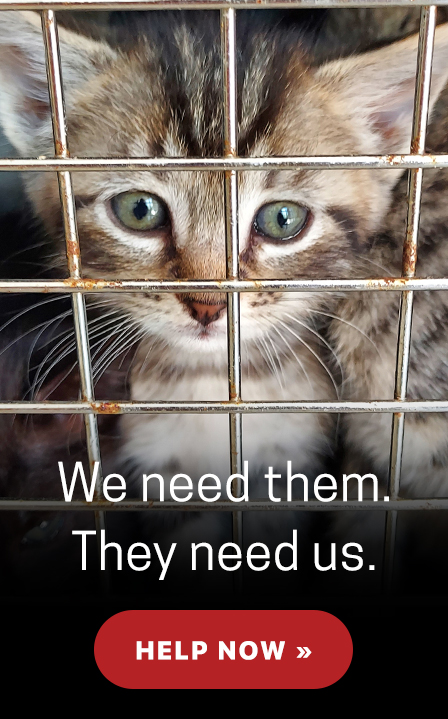Modern food packaging is busy, packed to the brim with seals, nutrition facts, labels, and more. As a result, many folks are confused by the proliferation of packaging claims.
This won’t come as a surprise to anyone who has wandered the aisles of a grocery store. Roughly three in four consumers say that there are “so many food certifications” that they “lose track” of what the different labels mean.
So, we wanted to provide some clarity on the kinds of eggs that carry the American Humane Certified® seal, which lets consumers know that the hens laying those eggs were raised humanely. We audit and authorize three distinct systems in which farmers raise laying hens: cage-free, free-range and pasture raised.
Cage Free
All laying hens certified by American Humane are, at a minimum, cage-free. These birds live in a barn where they can move freely and have littered floors that encourage natural behaviors like scratching and dust bathing. Some of the farmers we work with even use cage-free housing systems that provide access to the outdoors.
Free-Range
Free-range eggs are one of the most widely marketed, and often misunderstood, labels in grocery stores. American Humane Certified® free-range eggs come from hens that have daytime access to an outdoor area of at least 21.8 square feet per hen. At night, they sleep in a barn that meets the cage-free housing requirements.
But be wary, not all labels guarantee the same amount of space to so-called “free-range” laying hens. Some free-range hens may only have 2 square feet of outdoor space. Now, birds can still be humanely raised in that space, but it may not be fair to call 2 square feet “free-range.” Those hens should be considered cage-free.
Pasture Raised
Finally, pasture raised hens are given a substantial amount of space – 108.9 square feet per hen of outdoor area during the daytime. With added space comes added precautions – ensuring that hens have access to water, shade and other necessities wherever they are.
The standards that American Humane Certified® farmers adhere to were developed by an independent, credible Scientific Advisory Committee (SAC) made up of the world’s leading animal experts so that consumers can rest easy.
Our SAC developed more than 200 rigorous standards that producers must comply with in order to raise chickens humanely, helping ensure adequate space, air and water quality, heating, lighting, shade and the animals’ ability to engage in natural behavior.
We recommend that all ethically minded consumers to look for the American Humane Certified label in stores. They can be assured that products carrying that label meet the highest standards of animal welfare.


